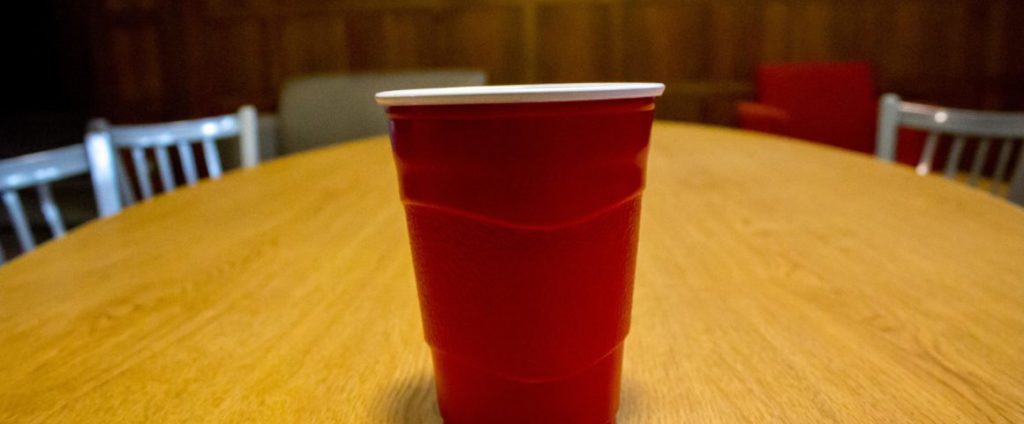Dear Students,
Many thanks to those of you who have engaged with College leaders about the student experience outside of the classroom. Last year alone, you may have attended one of the six Town Halls, or four open sessions with the Task Force on Residential Learning, or dozen focus groups and meetings with leadership groups. We appreciate your engagement and participation in the ongoing conversation about what it will take to improve student life on campus. I’m proud to work at a campus that involves students in consultation and encourages students to participate in every level of college governance.
As you know, a variety of intersecting concerns (academic stress, mental health, substance use and abuse, sleep, racial climate, sexual misconduct and loneliness) have been converging in ways that negatively affect student well-being, which affects retention and success. For example, exit interview data from students who opted to leave Grinnell displayed a struggle to find a social niche, prospective students and their families report discomfort around Grinnell’s “party culture” and the 2015 data from the National College Health Assessment returned some concerning statistics about the campus environment around mental health as well as the individual and community impacts of substance use. To tackle these issues, a public health approach suggests that we must work at multiple levels, ranging from individual to interpersonal to institutional levels. Innovative steps had been made in recent years to partner with students to increase our efforts to improve student life, especially around harm reduction, active bystanderism and violence prevention. But these efforts have not been enough mitigate risk and ensure the safety and well-being of our students. Therefore, President Kington — with the support of the Board of Trustees — announced a variety of changes to our alcohol policies and protocols, effective immediately.
The Student Affairs staff got right to the tangible work of preparing to implement these changes. We spent the last few weeks writing policies for the Student Handbook, took steps to improve the alcohol agreement process (including creating a “fast track” for small events under 20) and created strategies to reduce obstacles toward completing the alcohol agreements. We also earnestly considered whether to simply ban all events the weekend of 10/10, as some colleges have done, or instead, whether to convene a group of student leaders to replace it with a new tradition, less focused on alcohol, that could be truly unifying and community building (we chose the latter).
As we turn the corner from policy change toward implementation, my colleagues and I (including Residence Life, Campus Safety, the dean of students’ office and the rest of Student Affairs) are eager to keep lines of communication open with students. We’ve been working diligently to prepare for a smooth implementation, but this is an iterative process. We’ll be talking with you, paying attention and adjusting when necessary
We will put forth the effort to demonstrate our good intentions and earn your trust.
Some students are under the mistaken impression that the College believes this is the comprehensive and complete solution toward student success and well-being. Quite the contrary. We know that these changes are only one step in a complex series of improvements that need to be made. For example, we recently announced a significant increase to our counseling operation, and there are more improvements on the near horizon. And, the Task Force on Residential Learning intends to cooperate with the Council on Diversity and Inclusion on their year-long process of surveying campus climate and creating a comprehensive diversity plan. We are growing and transforming the Campus Safety department, and providing more training for our staff around implicit bias and trauma-informed response. Furthermore, the Task Force on Residential Learning has 33 other recommendations that we are eager to focus on and create innovate solutions to tackle our most challenging problems.
Change can be difficult in higher education, especially at an institution like Grinnell that so deeply values tradition. I’m confident that by working together we can make change and improve the experience for future generations of Grinnellians.
Andrea Conner
Associate Vice President for Student Affairs




























































